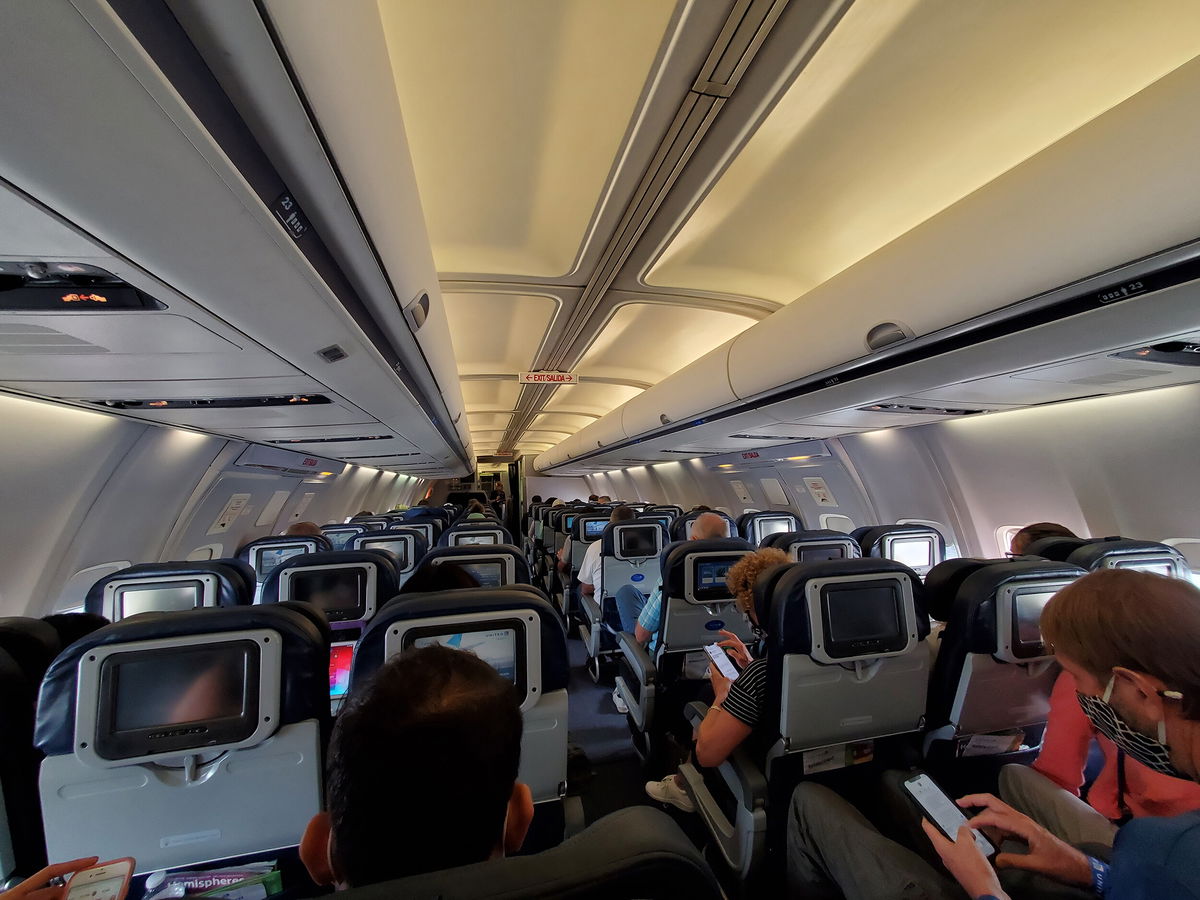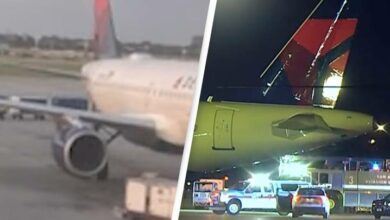Unruly passenger incidents have become a pressing issue in the aviation industry, with 2022 witnessing a staggering 47% increase compared to the previous year, surpassing the record high set in 2021. According to data compiled by the International Air Transport Association (IATA), these incidents occurred at a rate of one per 568 flights, affecting approximately 158 flights per day. While the majority of incidents involved non-compliance, the rise in violent episodes is concerning. In response to this alarming trend, the IATA has called for immediate action to enforce the Montreal Protocol 2014 (MP14) and introduced new guidance to address this growing menace.

Image Source – Kion
Unruly Passenger
The IATA’s data reveals that unruly passenger incidents have become more frequent and disruptive. The incidents range from minor infractions such as smoking in-flight or intoxication to more serious offenses like verbal abuse. While the removal of mask mandates in 2021 initially led to a decline in non-compliance incidents, they began to rise gradually throughout 2022, ending the year with a 37% increase. Violent incidents, although still rare, witnessed a significant 61% surge compared to the previous year, equating to approximately five violent incidents per day or one in every 17,200 flights.
Enforcing the Montreal Protocol 2014
The IATA has urged its member airlines to take decisive action to address the growing problem of unruly passengers. The organization emphasizes the importance of enforcing the Montreal Protocol 2014 (MP14), a comprehensive framework introduced in response to the rising incidents of air rage in the past decade. However, as of 2023, only 45 countries have ratified the act, limiting its coverage to just 33% of international passenger traffic. IATA Deputy Director General Conrad Clifford expressed concern over the trend and stressed that passengers must comply with crew instructions to ensure a safe and hassle-free travel experience for everyone on board.
Guidance and Collaborative Efforts
To combat unruly behavior effectively, the IATA has released updated guidance in December 2022. This guidance provides airlines with strategies for handling fines, managing incidents, de-escalation techniques, and encourages collaboration between airlines, airports, and pre-flight bars to address the issue of drunkenness and unruly behavior. By fostering cooperation among industry stakeholders, the IATA aims to create a cohesive approach to minimize incidents and ensure a safer and more enjoyable travel experience for passengers.
Country-Specific Measures
According to Simple flying, Unruly passenger incidents have become a significant concern on a country-by-country basis. In the United Kingdom, such incidents have tripled between 2019 and 2022, with over 1,000 reported cases during the year. The Civil Aviation Authority (CAA) report highlighted disruptive behavior including mass brawls, sexual assault, public indecency, and verbal abuse targeted at cabin crew and fellow passengers. While the UK has not ratified the Montreal Protocol, existing legislation already covers many of its provisions. The government is considering introducing a new bill that would prohibit individuals convicted of air rage from future air travel.
Similar measures are being considered in the United States, where the Protection from Abusive Passengers Act, reintroduced in April, proposes placing violent passengers on a nationwide no-fly list managed by the Transportation Security Administration. This bill has gained support from unions representing flight attendants and airline workers, who have witnessed a 500% increase in unruly passenger incidents between 2018 and 2022.
Lessons from India
India introduced a no-fly list in 2017, categorizing offenses based on their severity. The Ministry of Civil Aviation reported that between 2020 and 2023, 149
passengers were placed on the list for varying periods. In addition to the no-fly list, the Directorate General of Civil Aviation (DGCA) has criticized airlines for their failure to report incidents or address lapses in general security. Such measures emphasize the seriousness with which countries are tackling unruly passenger incidents and serve as potential models for other nations facing similar challenges.



